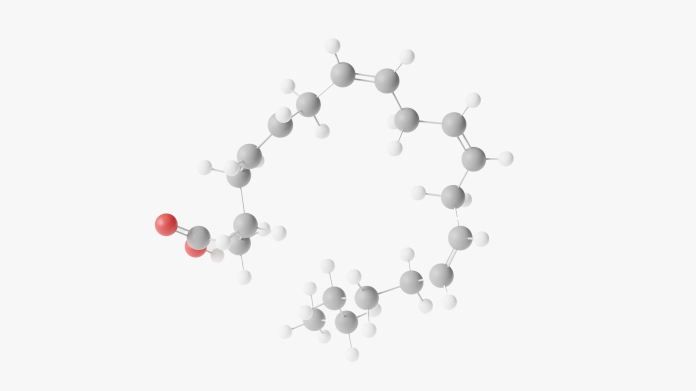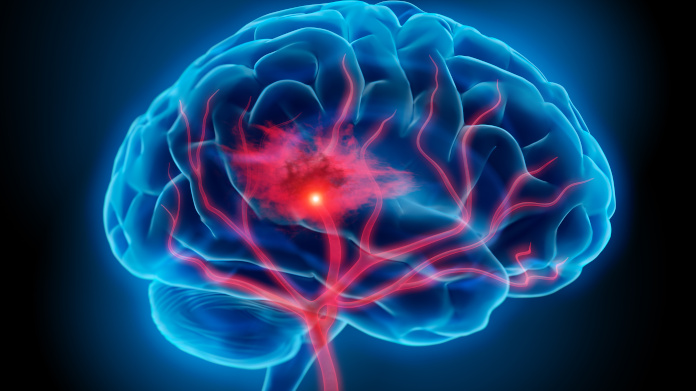Horse chestnut extract for improved leg comfort (higher quality).
- 100% natural venotonic.
- Supports good circulation.
- Helps reduce leg circumference.
- Higher content of active principles (20% aescin compared with the normal 3-6 %).
Horse chestnut extract for improved leg comfort (higher quality).

| Main products | 22.00 € |
| 2 Additional products selected | 85.00 € |
Horse Chestnut Extract is a natural venotonic supplement, delivered in vegetarian capsules and based on horse chestnut. Thanks to its exceptional richness in escine (normalization at 20% against 3 to 6% on average), it contributes to improve blood circulation and helps to reduce the circumference of the legs.
Horse chestnut extract is for anyone who suffers, either regularly or occasionally, from the following symptoms:
It’s estimated that 25% of women, and around 10-15 % of men are regularly affected by at least one of these symptoms.
The horse chestnut tree which bears the fruit originated in the Balkans (especially in Bulgaria and Albania) and is now found throughout Europe.
Traditionally, the whole seed was used (and sometimes even the leaves and bark), but since it was discovered that it contained an anticoagulant called aesculin, producers of natural extracts are required to remove this molecule.
However, Horse Chestnut Extract’s content of the active substance aescin has been increased as it is responsible for the supplement’s beneficial effects on the circulation . Our supplement also contains other active compounds responsible for its synergistic effect:
Horse chestnuts are often confused with chestnuts because they are morphologically very similar.
Venous insufficiency is characterised by changes to the vein wall (leading to the development of varicose veins), hormonal fluctuations (resulting in increased elasticity of the vein wall) and dysfunctional valves.
It manifests in poor blood flow in the veins. It’s mainly the legs which are affected – they become heavy, painful and swollen as blood accumulates. It eventually leads to the permanent formation of unsightly varicosities: damaged veins that are blueish, twisted and prominent.
The aescin it contains maintains the permeability and tone of the vein wall (venotonic effect) (2), which helps blood return to the heart, particularly in the superficial capillary vessels (3).
These effects are due to three distinct mechanisms:
A number of studies have shown additional benefits for aescin:
A very large number of trials have been conducted on horse chestnut in people with venous insufficiency. These trials have:
Horse chestnuts are sometimes described as poisonous. This is because of a toxin called aesculoside which has been carefully removed from the supplement Horse Chestnut Extract.
Apart from this, the only other change is the increase in aescin, a thoroughly well-tolerated molecule.
If you suffer from circulation problems, particularly in the legs, it’s important to be aware of risk factors to avoid and positive steps to take to boost the action of venotonics:
Factors to avoid:
Measures to adopt:
Horse Chestnut Extract combines well with other natural venotonics available to buy at Supersmart such as Lympathonic, a sweet clover extract with a high coumarin content, and VeinoMax, a natural formulation containing several plant extracts good for circulation problems.
A number of scientific studies show that the aescin in horse chestnut offers excellent bioavailability, particularly when the natural extract is taken outside of mealtimes.
It is therefore advisable to take Horse Chestnut Extract in the morning, and again in the evening before bed.
Updated: 30/05/2018
Notes
This product should not be used as a substitute for a varied, balanced diet and a healthy lifestyle. It’s important to follow the directions for use, the recommended daily dose and the ‘use-by’ date. It is not recommended for women who are pregnant or breastfeeding, or for children under 15. Keep out of reach of young children. Store in a cool, dry place.
Buy Horse Chestnut Extractc capsules to support circulation.
| Daily serving: 2 capsules Number of servings per bottle : 30 |
Quantity |
| Horse chestnut extract standardised to provide 20% escin | 500 mg |
| Other ingredients: Acacia gum, rice bran. | |
Discover some simple measures for reducing your blood pressure (and therefore your risk of developing cardiovascular problems).
For 60 years, Western health authorities have recommended reducing our consumption of saturated fats. But what does current scientific research have to say about their actual effects on health?
Scientists have succeeded in quantifying the importance of potentially modifiable risk factors for stroke in various regions of the world. Stroke is a condition which rightly strikes fear into the hearts of most people. Following is a list of these factors, as well as some advice not included in the study.

Free
Thank you for visiting our site. Before you go
REGISTER WITH








